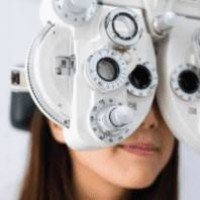The macula is the central part of retina. With a diameter of about 5.5 mm, the macula takes up only about 5% of the total area of the retina but boasts the highest concentration of photoreceptor cells. With ageing, the vitreous liquefies, shrinks and pulls away from the retinal surface. If the degenerating vitreous has an abnormal attachment to the retina, or if fibrosis occurs on the retinal surface, maculopathies such as macular hole or epiretinal membrane may develop.
Macular Hole and Epiretinal Membrane
– The information has been reviewed by Dr. Chung Chung Yee, Derek
関連医療業務
関連医師

















